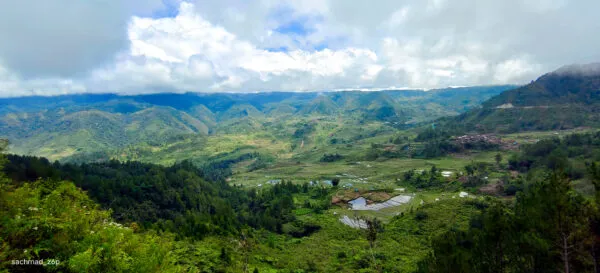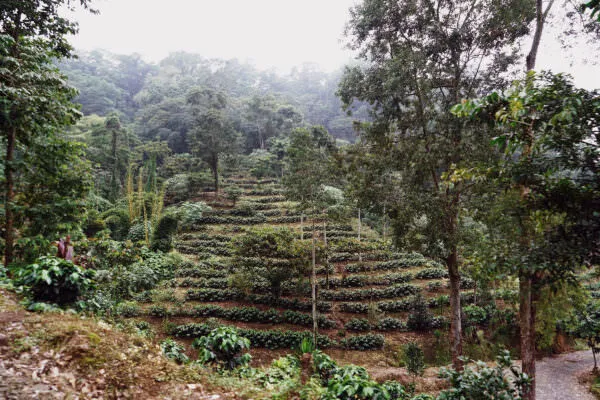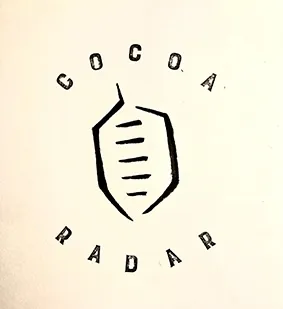Project Profile: A Partnership for Sustainable Farming in Tropical Asian Landscapes
The Sustainable Farming in Tropical Asian Landscapes (SFITAL) project aims to link small-scale producers to global supply chains in an environmentally sustainable, economically viable, and socially responsible manner.... Continue Reading



